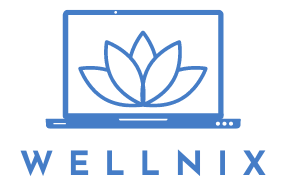Should I Use Google Workspace or Outlook for My Practice?
Jamie Letcher • July 16, 2025
Google Workspace Vs. Microsoft Outlook: What's the best fit for your therapy practice?
When you’re setting up (or cleaning up) the backend of your private practice, email and scheduling are some of the first systems you need to get right. And a common question we hear from therapists is:
"Should I use Google Workspace or Microsoft Outlook?"
Both are solid platforms. Both offer email, calendars, document storage, and admin tools that can support your work. But they’re definitely not the same, and the one you choose can impact how smoothly your day-to-day actually runs.
If you’ve been stuck at the setup stage or you're wondering if you should switch, here’s a breakdown to help you figure out what’s going to serve your practice best!
Google Workspace (formerly G Suite)
Google Workspace gives you custom email, cloud storage, shared calendars, video meetings, documents, spreadsheets, forms, and more, all under your domain. So instead of using a Gmail address, you get something like yourname@yourpractice.ca
with the same Gmail interface you probably already know.
What therapists like about it:
- It’s familiar! If you’ve used Gmail, Google Calendar, or Google Drive, there's no transition.
- Everything syncs across devices instantly. You can check your calendar, reply to emails, and access files from anywhere.
- Shared drives and documents are easy to use, especially if you have a VA or admin helping you.
- You can color-code your calendar and create multiple calendars for different parts of your week.
- Google Meet is built in for virtual sessions or meetings.
- It’s affordable, with flexible plans that grow with your practice.
Things to keep in mind:
If you're used to Microsoft, there might be an adjustment period (especially with Docs and Sheets).
Microsoft Outlook / Microsoft 365
Outlook comes with Microsoft 365, which includes email, calendar, storage, Word, Excel, and Teams. It’s a more traditional suite that some therapists prefer, especially if they’ve worked in clinic or agency settings.
What therapists like about it:
- It’s robust and familiar for anyone who has used Outlook, Word, and Excel long-term.
- Outlook’s desktop app is fast and powerful for high-volume email users.
- You get access to the full Microsoft Office suite, which some still prefer for documents or spreadsheets.
- Microsoft Teams is helpful for internal messaging and group practice meetings.
Things to keep in mind:
- The interface can feel clunky and less intuitive, especially if you're used to Gmail or Google Calendar.
- Syncing across devices isn’t always seamless, especially on mobile.
- The calendar layout feels more rigid and harder to customize.
- May require more IT support or setup time depending on your comfort with tech.
So, what’s the verdict?
If you’re looking for something simple, intuitive, and easy to manage, Google Workspace
is our top pick!
It’s clean, accessible, and gives you everything you need in one place: email, calendar, storage, video calls, spreadsheets, and document sharing.
Unless you already know and love Outlook or have a specific reason to stick with Microsoft 365, Google Workspace makes daily admin a little easier, especially if you’re working with a VA or want to keep things streamlined.
Want help setting it up or switching from Outlook to Google Workspace?
We’ve done it before and can make the process smooth and stress-free!
Looking to make your practice easier to manage? Book a free consultation
and we’ll take a look at what’s working and what could run more smoothly.











